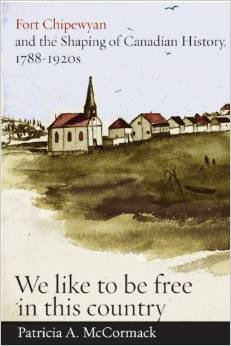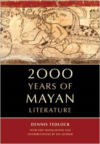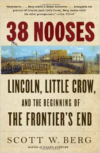Description
The story of the expansion of European civilization into the wilderness continues to shape perceptions of how Aboriginal people became part of nations such as Canada. This groundbreaking study subverts this narrative of progress and modernity by examining Canadian nation building from the perspective of a northern community and its residents. Drawing on decades of research and fieldwork, Patricia McCormack argues that Fort Chipewyan – established in 1788 and situated in present-day Alberta – was never an isolated Aboriginal community but a plural society that stood at the crossroads of global, national, and indigenous cultures and economies. The steps that led Aboriginal people to sign Treaty No. 8 and accept scrip in 1899 and their struggle to maintain autonomy in the decades that followed reveal that Aboriginal peoples and others can – and have – become modern without relinquishing cherished beliefs and practices. This meticulously researched study of the most famous and best studied of the Treaty No. 8 communities not only provides a window into the history of Canada and Alberta – it challenges the nature of history writing in Canada itself. Anyone interested in the history of First Nations, northern communities, or the way historians and local communities approach and understand the past should read this book.






Reviews
There are no reviews yet.